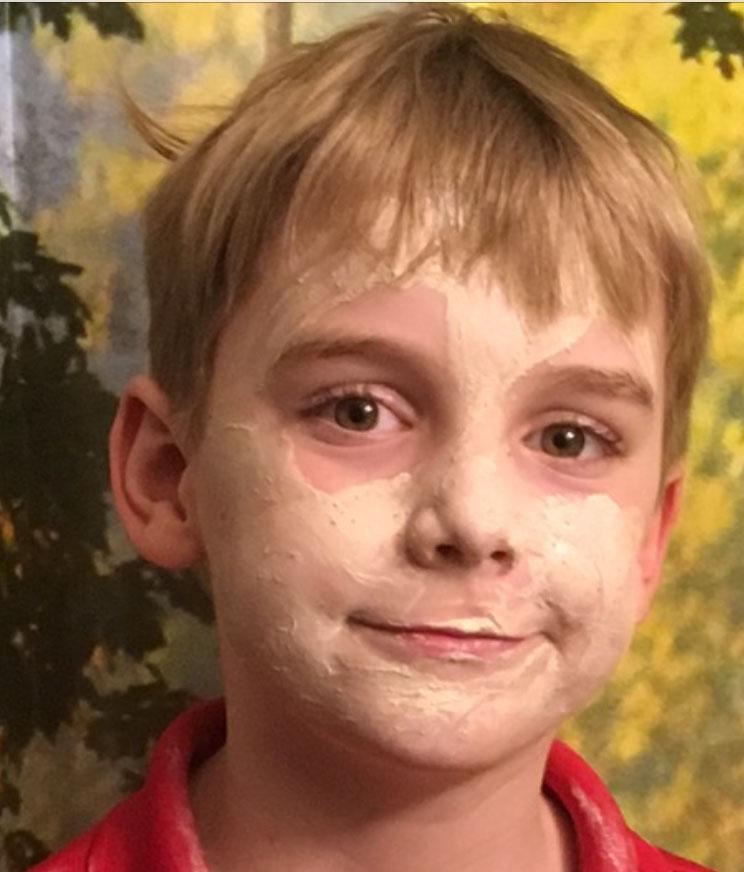
Photo by Jordan Florer
The idea of self care emerged alongside that of women’s liberation. It was believed that to be liberated, women had to have control over their own bodies, and to do so they had to take care of them. Many of these ideas stemmed from the civil rights movement. In the 1970s, the Black Panthers opened up a clinic, providing healthcare to black women, a group that has some of the highest records of illness and injury. According to the Center for Disease Control, white woman are 20% less likely to die of cancer then African American woman. Black woman are also twice as likely to be diagnosed with diabetes. Doctors at these clinics promoted the idea of preemptive self care, a way to solve issues before they occurred.
So can an ideology originally centered around women be beneficial for men too? #Selfcare has garnered 11.9 million posts on Instagram, but scrolling through, one may begin to believe that in order to participate in thetrend you have to be a size zero who is sponsored by beauty brands such a Glosser, sitting in a bath tub full of Sugar Baby rose petals and sparkling purple bath water. But this is a movement that began around the idea of supporting disadvantaged citizens, not American standards of beauty.
Tucker Pellicci (11) is on Franklin’s Varsity basketball team. As a starting member of the team, and Junior Class President, Pellicci has had to learn how to manage stress. His day begins with a shower, where he does a simple face wash and then moisturizes. After basketball practice he will take another shower and twice a week will do a Biore charcoal face mask. “Last year my acne had gotten pretty bad, so I just went to the store and asked for recommendations.” He admits that it was a little strange: “all the packaging [of self care products] has women on it, I think that can be discouraging.” Once he began doing basic self care, he felt more comfortable going a step further. Smiling cheekily he stated “I get my eyebrows threaded, and once a month I get a mani/pedi. Sometimes a friend will go with me, but usually I go alone.”
Men don’t have many self care role models–self care bloggers are almost exclusively women. Slate magazine writes how three out of five of the most clicked on articles on male self care were written by women. And while famous stereotypical “manly” men such as Ryan Reynolds and Michael Phelps are addressing the topic of their personal mental health, they have yet to advocate for self care beyond working out and sleeping. But to some, that is all self care has to be, taking basic care of yourself.
Varsity soccer player and National Honors Society President William Hammond (12) said of self care, “I’m just not into it, I’d rather work out.” His idea of self care aligns with that of Michael Phelps. In an interview with Health.com Phelps stated that his three tips for success were “Sleeping, working out, eating right.” For Hammond, “self care usually means doing things that make me feel productive and satisfied afterward. I go to the gym, play basketball, and just do anything I love to do.” More traditional self care hasn’t appealed to him. “I’ve never really tried self-affirming ‘you can do this’ type self care but I’m not really sure what I would get out of that.” Hammond believes that the hard part about doing self care is admitting you need it.
Hammond “was taken aback when some female friends of mine would ask me ‘are you okay?’ And I considered it almost as an accusation that I was not okay, until I realized that they were just checking in, something that I had never seen friends do.” He thinks that “the biggest thing men miss out on in their mental health isn’t truly ‘self’ care, but emotional support from the guys around them.” Hammond doesn’t think it’s just a basic change in packaging that will change the image of self care.“Guys just need to be shown that they don’t have to be okay all the time. Even if they don’t have to admit it to anyone, if they can admit it to themselves and accept that sometimes they should be concerned for their own wellbeing, then male self care of any form can hopefully become more mainstream,” he said.
Changing the image of self care is going to be both an external and internal battle. Externally, men need more role models who advocate for taking care of their bodies. Once younger male generations can see men they look up to embrace these practices, they will no longer seem feminine. This will make self care a trophy of masculinity instead of an attack. Internally men need support understanding that it’s okay to not be okay. Hammond notes that male friendship don’t always support this, “If I were to make my lock screen a quote reminding me that I’m awesome or if I told them I needed some me-time they would probably call me stupid but it would all be light hearted. Guys mostly don’t truly judge each other for those things but the joking and the culture is still hurtful.” In the end it will take men supporting men to take self care seriously. But who knows? Maybe one day Dwayne “The Rock” Johnson will post a picture in a bubble bath.

































